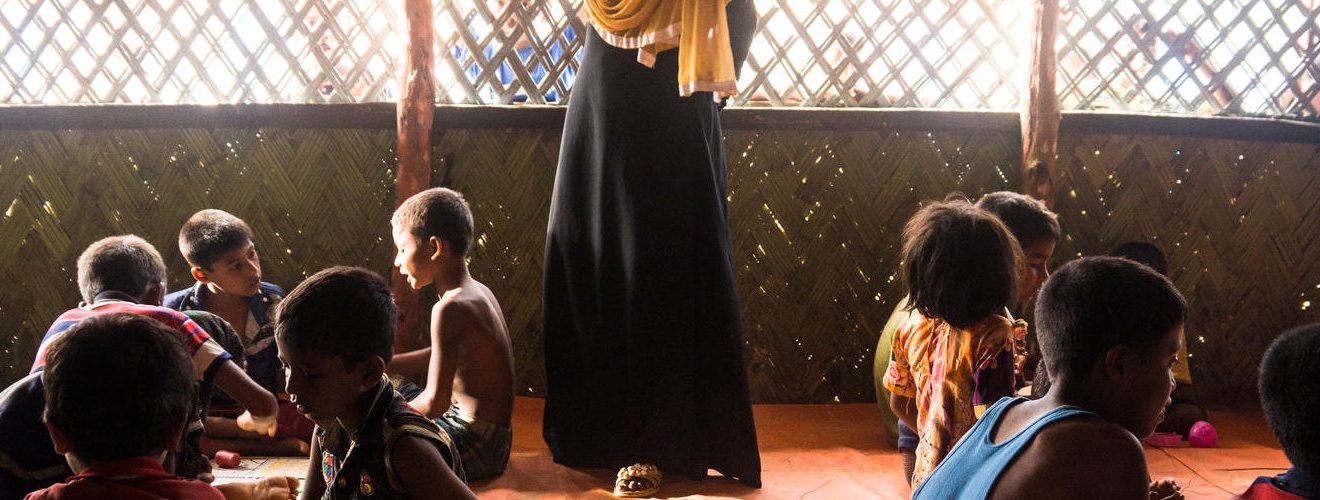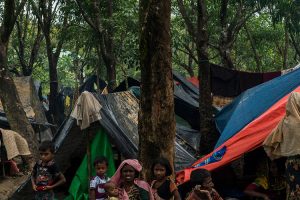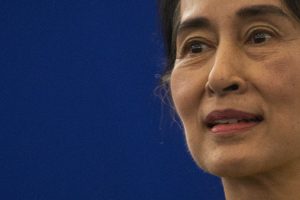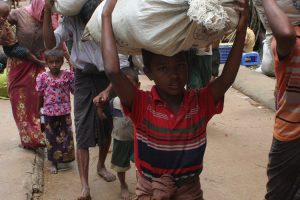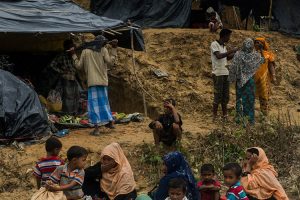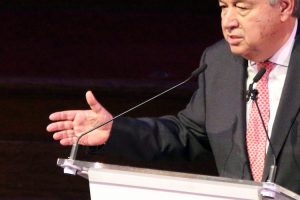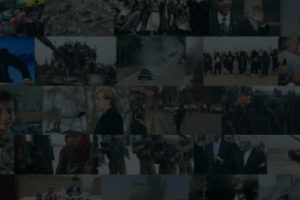The United Nations Children’s Fund announced on Sunday, September 17 that a campaign was underway in southeast Bangladesh to vaccinate 150,000 Rohingya children from Myanmar.
The children are among the estimated 412,000 Rohingya people who have fled Myanmar since August 25, when the Arakan Rohingya Salvation Army militant group attacked 30 police outposts in Rakhine state, sparking a government crackdown and widespread violence.
UN High Commissioner for Human Rights Zeid Ra’ad Al Hussein said earlier in the week that the government response seemed “a textbook example of ethnic cleansing,” an assessment not disputed by UN Secretary General António Guterres.
In a press release, UNICEF says it and the World Health Organisation are supporting Bangladesh’s Ministry of Health by supplying measles, rubella and polio vaccines, and monitoring implementation to ensure all children are reached.
Today in Cox Bazar, bangladesh, despite heavy rainfalls, vaccination of #rohingya refugee children continued in 68 settlements. @UNICEFBD pic.twitter.com/zT2MepTe64
— Christophe BOULIERAC (@ChrisBoulierac) September 17, 2017
UNICEF’s Representative in Bangladesh Edouard Beigbeder said thousands of children are still crossing the border every day. “Vaccination is crucial to prevent the spread of potentially deadly diseases,” he said.
On Friday, the WHO said it will distribute enough cholera kits for 20,000 people and 2 million water purification tablets.
A report released Saturday from the Inter Sector Coordination Group led by the UN’s International Organisation for Migration said there are a high number of diarrhea cases among new arrivals, heightening fears of cholera.
Rohingya refugees: WHO prepares for cholera as UNHCR warns many have had no “meaningful help”

